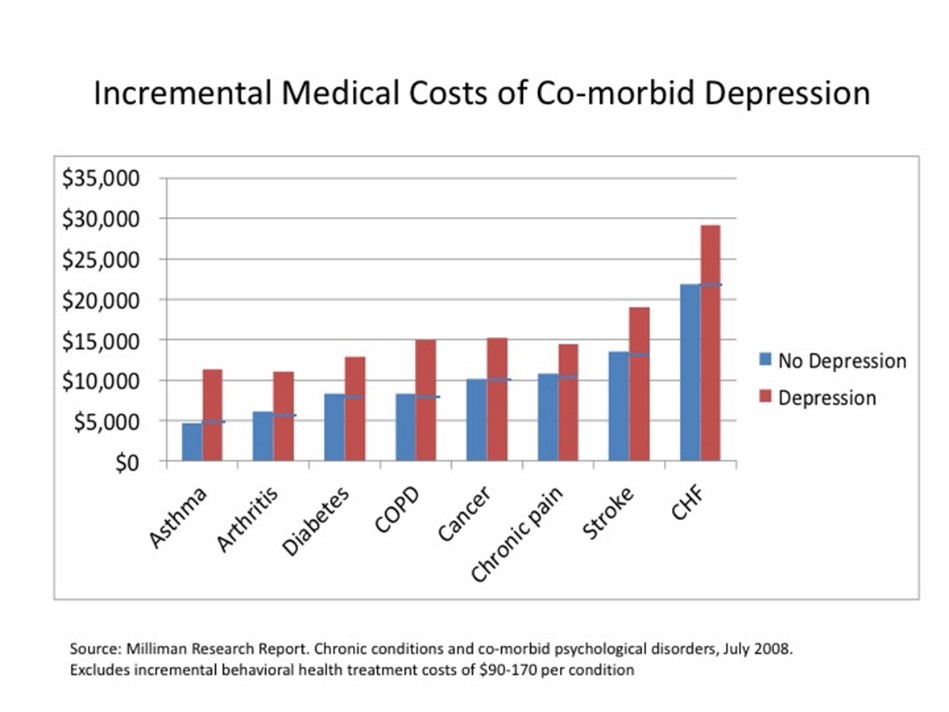What's New in HCQM?
 Optimal Management of Behavioral and Physical Health: Six Degrees of Integration
Sam Toney, MD
Optimal Management of Behavioral and Physical Health: Six Degrees of Integration
Sam Toney, MD
President and Chief Executive Officer - Toney HealthCare Consulting
As part of the fantastic lineup of speakers for ABQAURP's 43rd Annual Health Care Quality & Patient Safety Conference, Dr. Sam Toney, CEO of Toney HealthCare Consulting, will be speaking about the importance of addressing behavioral and physical health care in an integrated way utilizing key tools and models. Dr. Toney will describe the shortcomings of siloed behavioral and physical health domains and will identify opportunities for collaborative designs to drive optimal outcomes and quality. As part of this interactive session, Dr. Toney will discuss with the audience how an organization can assess current state behavioral and physical health integration across six dimensions and to consider opportunities for improvement or practice excellence.
Most behavioral health care is not delivered by behavioral health clinicians. In fact, almost 70% of people with mental health issues/conditions either do not seek professional help or do so only from their primary care clinician.
1 Primary care providers, therefore, manage care (particularly medications) for a large percentage of individuals who are in treatment for behavioral health conditions. The issue is that for many primary care providers, training and exposure to behavioral health, psychological disorders, and substance use disorders is typically minimal.
A related challenge is the high co-morbidity of physical health conditions among the mentally ill and vice versa (high co-morbidity of behavioral health among those with physical conditions). For example, depression is highly co-morbid with many conditions: 27% of diabetics, 25% of cancer patients and 40-65% of heart attack patients have depression.
2

Ultimately, all of this leads to the truth that behavioral health disorders drive higher costs on the medical side.
3
Treating a patient by incorporating effective medical-behavioral care integration can lead to lower medical costs, fewer inpatient admissions and fewer Emergency Room visits. It also leads to closures in both medical and behavioral care gaps, higher patient satisfaction, and improved transitions of care as a patient's complete health is considered.
In his session, Dr. Toney will talk about what he's termed the Six Degrees of Integration. The session will cover the virtues of co-location of staff and how to instill a culture of behavioral and physical health integration. The audience will hear about the importance of data and analytics and how to seek out and maximize use of available data to identify, predict and act holistically in the best interest of patients. Systems integration will be considered as well as clinical workflows and point of care integration to empower clinicians to effectively co-manage complex patients.
For more information about Dr. Sam Toney and Toney HealthCare Consulting, visit
www.toneyhealthcare.com.

Learn more about the issues and join me for "Optimal Management of Behavioral and Physical Health: Six Degrees of Integration" at ABQAURP’s 43rd Annual Health Care Quality and Patient Safety Conference in Clearwater Beach, FL on April 30-May 1, 2020. For more information and to register, visit www.abqaurp.org/AnnualConference.